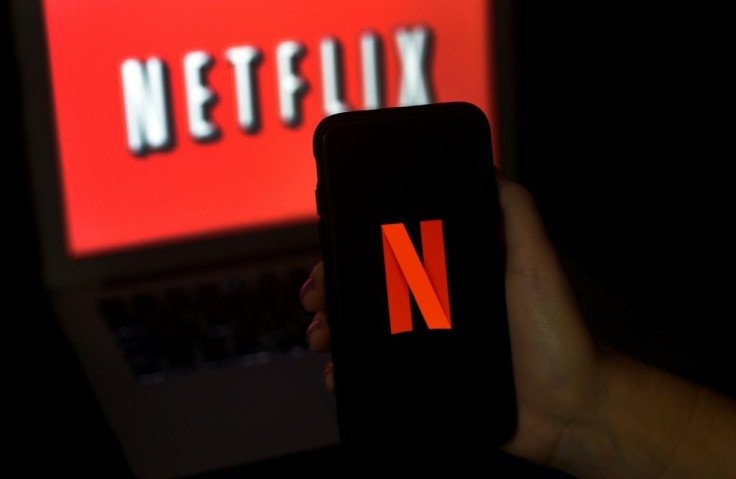Amid Windfall From Coronavirus Pandemic, Netflix To Raise $1 Billion In Debt For New Content

Despite coming off one of its best quarters due to coronavirus stay-at-home orders, online streaming giant Netflix (NFLX) is looking to borrow $1 billion by selling new junk bonds. The funds will reportedly be put towards the production and acquisition of original content, which remains a key focus for the company as streaming competition intensifies.
Netflix has been one of the few companies to see increased business during the pandemic. The California-based company saw a positive cash flow for the first quarter of 2020, its first in six years, and had its biggest quarter ever for subscriber growth.
In its first-quarter earnings call, Netflix reported $5.77 billion in revenue and 15.77 million new paid subscribers globally. Alongside the pandemic climate, the streaming giant attributed some of its success to blockbuster originals like “Tiger King,” “Money Heist,” and “Love Is Blind.”
The move to raise funds comes as Netflix attempts to become profitable without relying on public markets. Analysts guessed that while the company does not need to raise money, low borrowing costs could allow it to increase its liquidity.
Netflix estimated that it will add around 7.5 million new paid subscribers in the second quarter but stressed that this number was only a guess due to the uncertain global economic climate. It also expects to see a slower third quarter in 2020 compared to 2019, when it released major blockbuster originals like “Stranger Things."
"We don’t use the words 'guess' and 'guesswork' lightly," CEO Reed Hastings said in the earnings interview. "We use them because it’s a bunch of us feeling the wind and it’s hard to say. But again, will internet entertainment be more and more important over the next five years? Nothing’s changed in that."
© Copyright IBTimes 2025. All rights reserved.





















